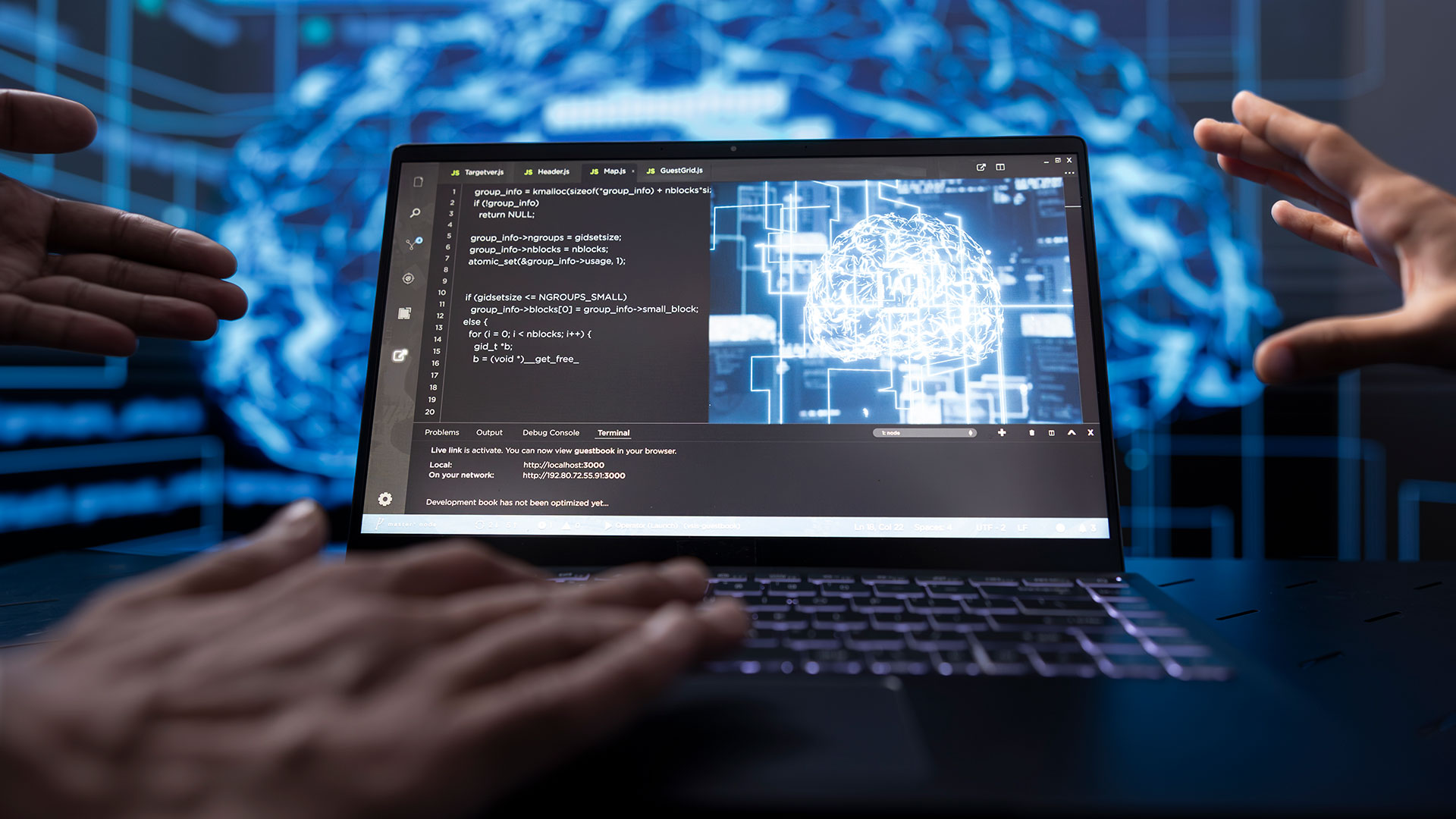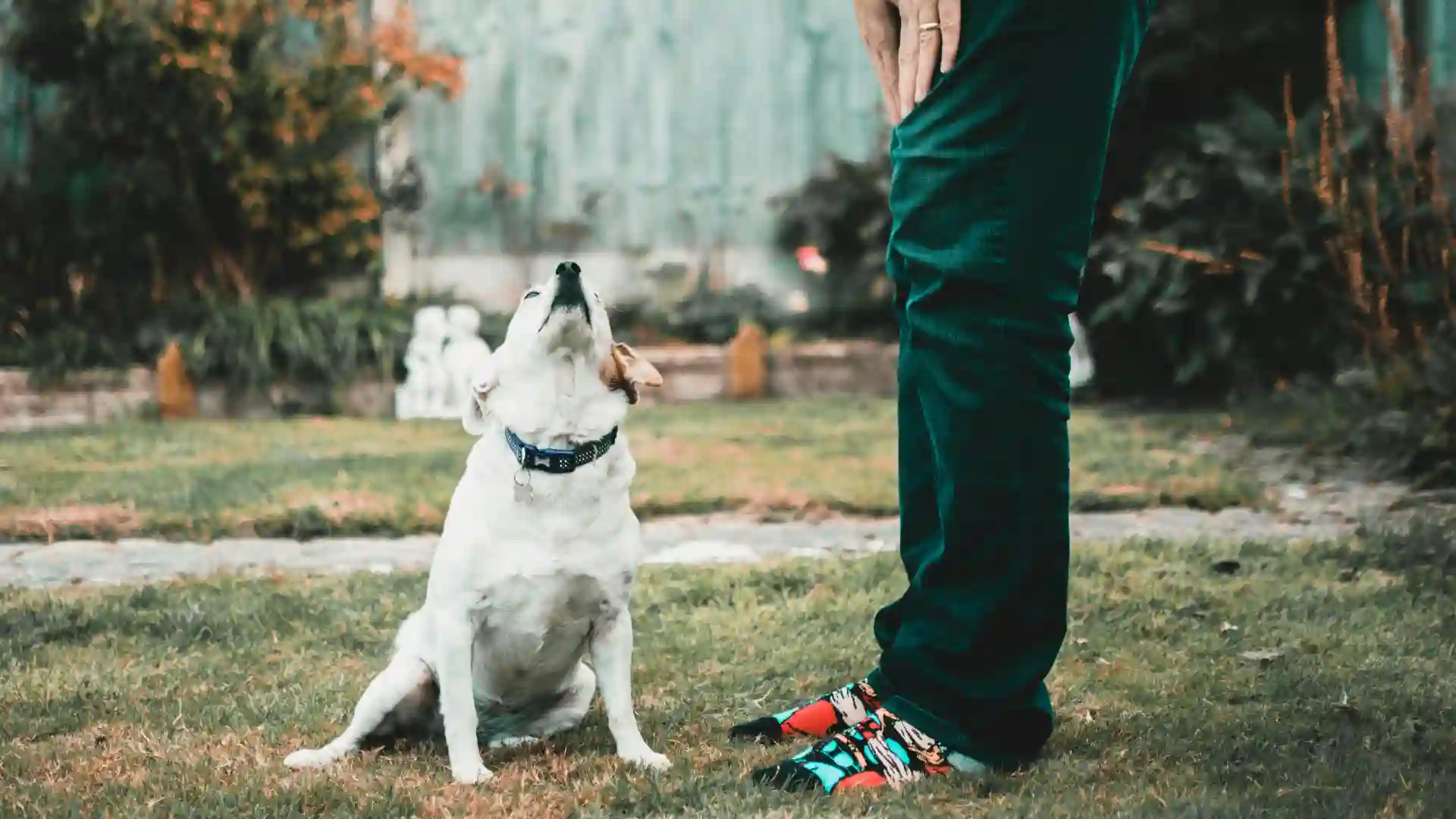The internet was once celebrated as the most human invention of our time—a global network connecting people, ideas, and communities. But lately, even some of the tech leaders who helped shape this landscape are questioning whether it’s still truly alive. One of them is Sam Altman, CEO of OpenAI, who recently voiced concerns about what’s known as the “dead internet theory”—the unsettling idea that much of the content we see online is no longer created by people but by bots, AI-driven accounts, and algorithmically generated text and images.
Ironically, the man raising the alarm is also one of the main architects of the technology fueling this transformation.
The “Dead Internet Theory”
The concept of the “dead internet theory” has been floating around online forums for years, often dismissed as a conspiracy. At its core, it suggests that the vibrant human web of the past has been replaced by an ecosystem dominated by automation. Instead of genuine human conversation, large portions of today’s internet are shaped by bots, AI models, and algorithms designed to maximize engagement.
For many, this sounded far-fetched. But Altman’s comments have reignited the discussion: What if the theory isn’t just paranoia, but an uncomfortable truth?
What’s more troubling is that 37% of these bots are malicious. They don’t just post random filler—they spread fake news, misleading narratives, and low-quality AI content (sometimes called AI slop). This explains why so many feeds on Twitter, Reddit, and other platforms can feel repetitive, artificial, or just plain fake.
On X (formerly Twitter), Altman admitted he is now taking the “dead internet theory” seriously. He said that much of what he sees online feels fake, citing examples on Reddit where users seemed to post overly enthusiastic praise for OpenAI’s own products.
He even raised the possibility of astroturfing—the manipulation tactic of generating fake opinions to create the illusion of widespread support or criticism. Altman claimed OpenAI has been a target of this in the past, making him “sensitive” to it.
But his comments sparked waves of criticism and mockery. Thousands of replies reminded him of the obvious: he himself played a pivotal role in flooding the internet with AI-generated content. Memes and sarcastic posts quickly turned the tables, portraying his concern as ironic at best and hypocritical at worst.
What’s Really Going On?
While Altman frames his worries as genuine, some analysts argue there may be hidden motives. TechCrunch noted that his focus on bots and astroturfing could be a strategic move to discredit criticism of OpenAI’s latest model, GPT-5, by suggesting negative feedback wasn’t authentic.
Others speculate he’s also trying to undermine competitors or cast doubt on rival AI platforms, especially as rumors swirl about competing products gaining traction.
The Bigger Picture: Is the Internet Losing Its Human Touch?
Regardless of Altman’s motives, the numbers paint a clear picture: the human experience online is shrinking. As bots, AI accounts, and algorithmic feeds take over, it becomes harder to know if the content we consume comes from real people or machines.
This doesn’t mean the internet is literally “dead”—but it does suggest we’re entering a phase where authentic human interaction is diluted. The very platforms built to connect us may now be dominated by entities programmed to mimic us.
Conclusion: The Future of a Human Internet
Sam Altman’s warnings might be self-serving, but they also reflect a reality we can’t ignore. The internet is changing—fast. The “dead internet theory” is no longer just a fringe idea; it’s backed by data showing bots now outnumber humans online.
The challenge ahead isn’t just technological—it’s philosophical. How do we preserve human authenticity in a digital world increasingly shaped by machines? If we fail to answer that question, the internet of the future may look less like a vibrant community of people and more like an endless mirror, reflecting back the algorithms we created.




